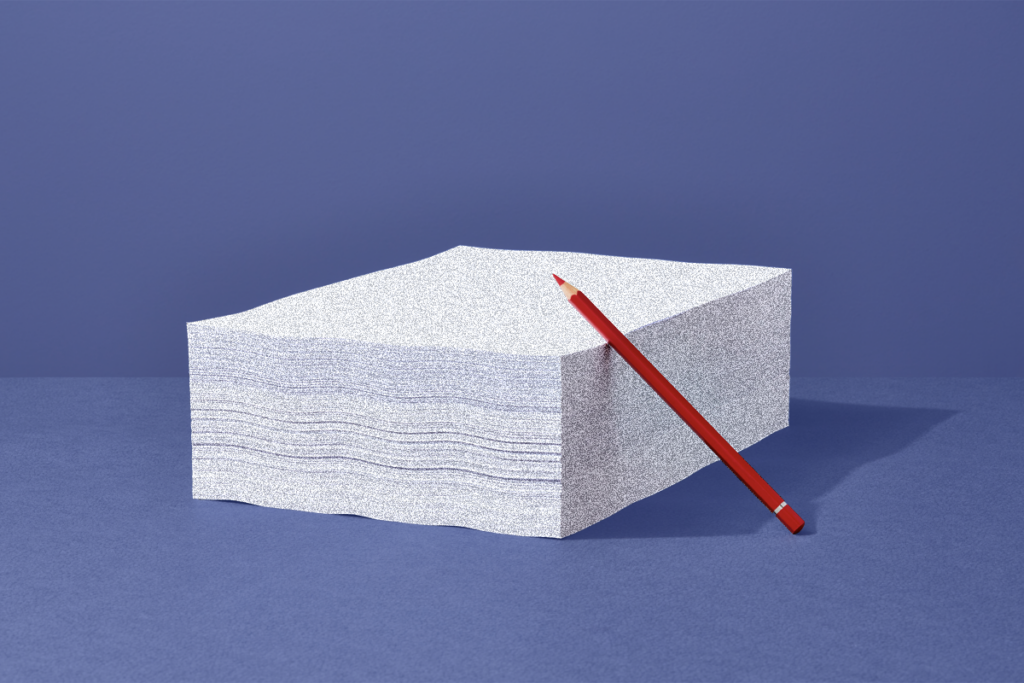Sandeep Ravindran is a freelance science writer based in Brooklyn, New York.
Sandeep Ravindran
Freelance Writer
SFARI
From this contributor
Autism symptoms emerge in infancy, sibling study finds
At 6 months of age, babies who will later develop autism begin to lose some of their social skills and continue to regress until age 3, according to a study published in the Journal of the American Academy of Child & Adolescent Psychiatry.

Autism symptoms emerge in infancy, sibling study finds
Explore more from The Transmitter
Organoids and assembloids offer a new window into human brain
These sophisticated 3D cultures reveal previously inaccessible stages of human brain development and enable the systematic study of disease genes.

Organoids and assembloids offer a new window into human brain
These sophisticated 3D cultures reveal previously inaccessible stages of human brain development and enable the systematic study of disease genes.
Who funds your basic neuroscience research? Help The Transmitter compile a list of funding sources
We want to hear from you about the sources of funding for your research.

Who funds your basic neuroscience research? Help The Transmitter compile a list of funding sources
We want to hear from you about the sources of funding for your research.
The future of neuroscience research at U.S. minority-serving institutions is in danger
Cuts to federally funded programs present an existential crisis for the University of Puerto Rico’s rich neuroscience community and for research at minority-serving institutions everywhere.

The future of neuroscience research at U.S. minority-serving institutions is in danger
Cuts to federally funded programs present an existential crisis for the University of Puerto Rico’s rich neuroscience community and for research at minority-serving institutions everywhere.